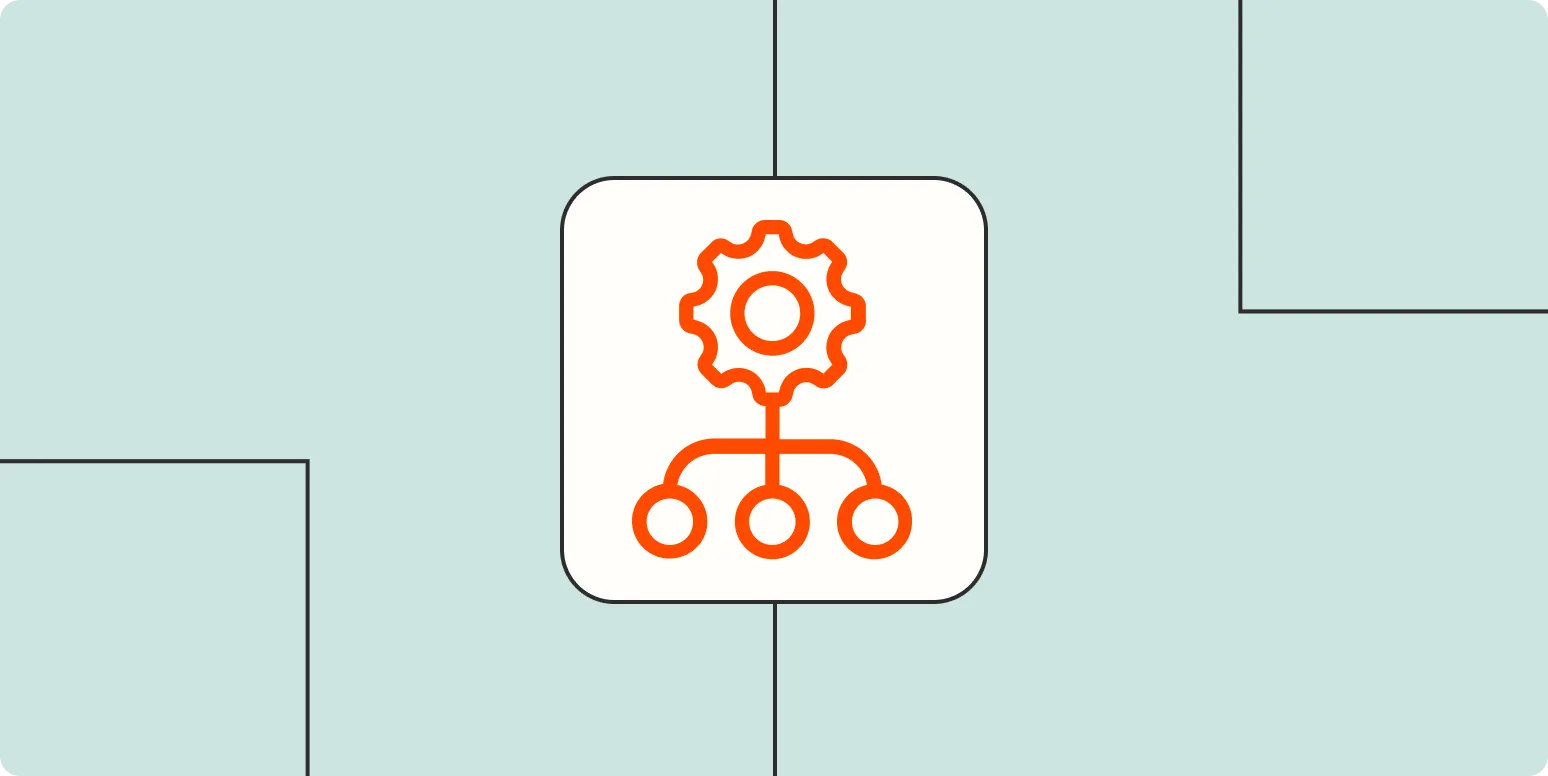In today's competitive business landscape, organizations are constantly seeking ways to optimize their marketing efforts. One of the key strategies that has emerged is ''Marketing Resource Management (MRM)''. MRM encompasses a set of processes and technologies that help companies manage their marketing resources more efficiently, ensuring that campaigns are delivered on time and within budget. This article delves into the various aspects of MRM, its significance, and how it can benefit businesses, particularly in the realm of ''referrerAdCreative''.
Understanding MRM
''Marketing Resource Management'' is essentially a framework designed to streamline and enhance marketing operations. It involves the management of various marketing resources, including budgets, personnel, workflows, and materials such as digital assets. MRM systems can help businesses achieve greater visibility and control over their marketing initiatives.
The Components of MRM
MRM consists of several key components that work together to create a cohesive marketing strategy:
- Budget Management: Keeping track of marketing expenditures is crucial. MRM tools allow businesses to allocate budgets effectively and monitor spending.
- Asset Management: Digital assets like images, videos, and graphics need to be organized and easily accessible. MRM systems provide robust solutions for managing these assets.
- Workflow Automation: Automating repetitive tasks can save time and resources. MRM helps streamline workflows, allowing marketers to focus on strategic activities.
- Performance Analytics: Measuring the success of marketing campaigns is vital for future planning. MRM tools offer analytics features to track performance metrics.
Benefits of MRM
Implementing a solid ''Marketing Resource Management'' strategy can yield numerous benefits for organizations:
- Increased Efficiency: By automating processes and centralizing resources, teams can work more efficiently and reduce time spent on administrative tasks.
- Enhanced Collaboration: MRM fosters better communication among team members, ensuring everyone is on the same page regarding campaign objectives and timelines.
- Improved ROI: With better budget management and performance tracking, businesses can maximize their return on investment in marketing initiatives.
- Scalability: As businesses grow, their marketing needs evolve. MRM systems can scale alongside the organization, adapting to new challenges and opportunities.
MRM and ReferrerAdCreative
In the context of ''referrerAdCreative'', MRM plays a crucial role in managing and optimizing ad campaigns. ReferrerAdCreative refers to the specific advertisements created to target customers based on their referral behavior. By utilizing MRM tools, marketers can effectively manage these ads to ensure they align with overarching marketing strategies.
How MRM Enhances ReferrerAdCreative
Here are some ways in which MRM can enhance the effectiveness of ''referrerAdCreative'':
- Targeted Campaigns: MRM systems enable marketers to segment their audience based on referral data, allowing for more personalized and targeted ad creation.
- Real-Time Adjustments: With performance analytics integrated into MRM tools, marketers can make data-driven decisions in real-time, optimizing ad creatives for better engagement.
- Cross-Channel Consistency: MRM ensures that the messaging and branding across all channels, including ''referrerAdCreative'', remain consistent, thereby strengthening brand identity.
Challenges in MRM Implementation
While the benefits of MRM are substantial, organizations may face challenges during implementation:
- Integration Issues: MRM systems must integrate seamlessly with existing tools and platforms. Poor integration can lead to data silos and inefficiencies.
- User Adoption: Getting team members to adapt to new processes and technologies can be difficult. Training and support are essential for successful adoption.
- Data Management: Maintaining accurate and up-to-date data is critical. Organizations need to establish protocols for data entry and management to avoid discrepancies.
The Future of MRM
The future of ''Marketing Resource Management'' looks promising, especially with the advancement of technology. AI and machine learning are beginning to play a significant role in MRM, helping marketers to predict trends and automate decision-making processes. As businesses continue to embrace digital transformation, the importance of MRM will only grow, particularly in enhancing strategies like ''referrerAdCreative'' to improve customer engagement and drive conversions.
Conclusion
In summary, ''Marketing Resource Management (MRM)'' is an essential component of modern marketing strategies. By effectively managing resources, organizations can enhance their marketing efforts, streamline processes, and ultimately achieve better results. With the added emphasis on ''referrerAdCreative'', businesses can leverage MRM to create targeted and impactful advertising campaigns, leading to increased customer engagement and improved ROI. As the marketing landscape continues to evolve, embracing MRM will be crucial for success.





